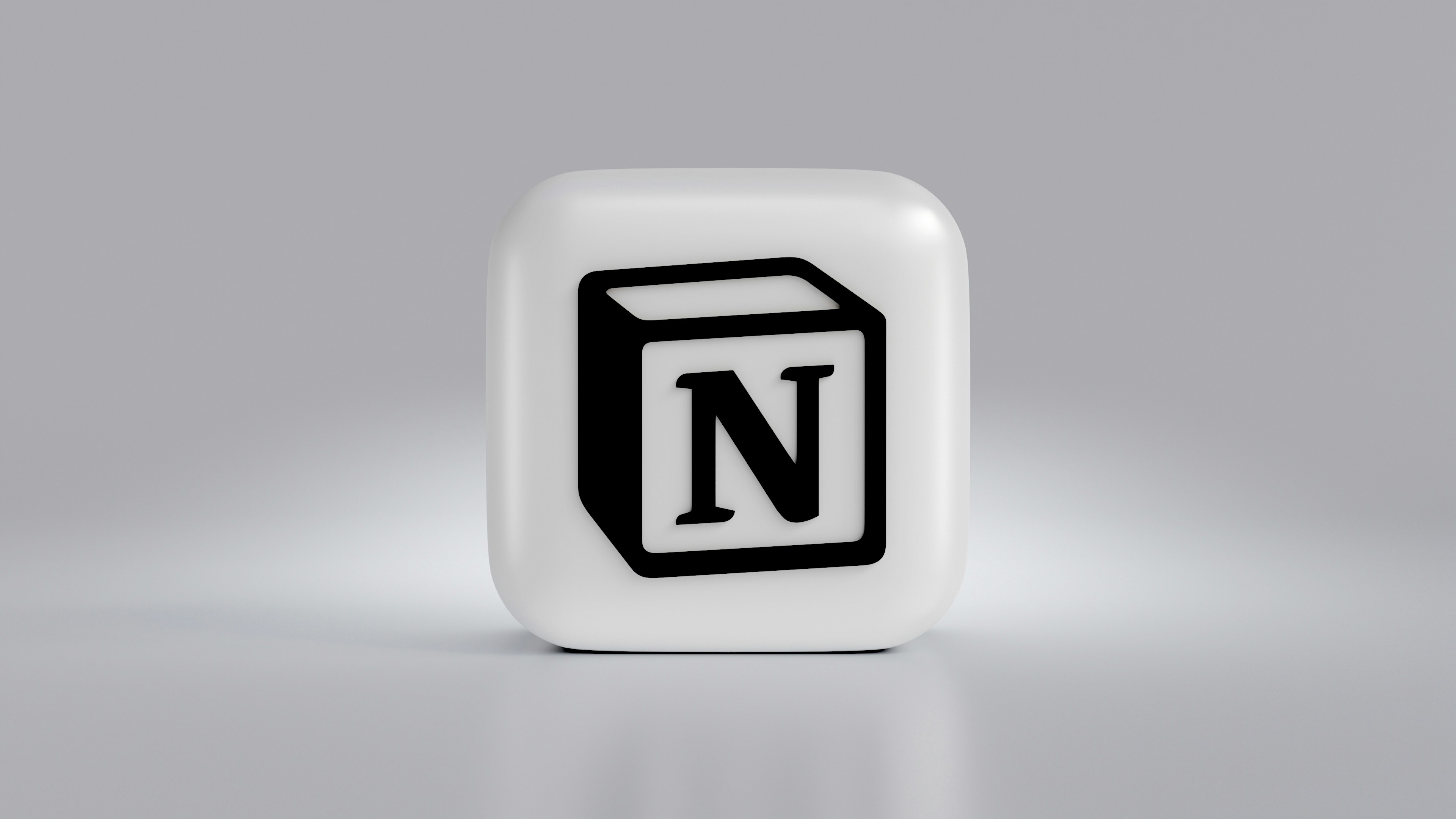
First, let’s talk about what Notion is and what it does.
At its core, Notion is a note-taking app with features that encourage general organisation. Editing is real-time, with edits to published or shared pages being reflected as you type.
It’s not Markdown-based, but you can write using Markdown syntax which Notion translates to its own primitives like three levels of headings, bullet lists, links, and more. You can also configure these with formatting menus, Markdown syntax support is just there to operate as a shorthand.
Notion supports import and export of many formats, including PDF, Markdown, HTML, CSV, more application-specific formats like Word, Excel, and Powerpoint, and various online services like Google Docs, Evernote, Jira, and more.
It’s intended to be a platform for you to build the tooling you need with the features you need, without the necessity to write any code (though that is an option with custom embeds).
There’s a huge library of free and paid templates - the paid template economy is quite significant, and you can usually find something very close to what you want to do either for free or for a small payment. It’s fairly trivial to modify a template to fit it closer to your needs, or just use it as is.
It includes a full-blown calendar app which syncs with Google Calendar and native Notion databases. It’s entirely replaced Google Calendar for me.
Notion is particularly well-suited to creating to-do lists and habit/progress trackers, and offers many primitives to let you build it how you need it.
Data visualisation is built in if you want to run some analysis on your workspace. It’s hardly Jupyter, but it does a decent enough job of generating graphs that operate on existing data and update automatically, without having to handle data exports first.
Functionality extension is done using Widgets. There are a bunch of built-in rich embeds for various sites, but custom widgets are also supported. We’ll get to my choice of custom embeds, Apption, later.
AI features are useful without being intrusive. The two features I use the most are automatically generated and updated summaries and tags, which update as you edit a document. They have to be added with intent, there’s no sneaky insertion of AI where you don’t really want it.
Notion supports publishing to the Web. You get a free USERNAME.notion.site address with your account, or you can add custom domains for $10/mo each. Any domains you add are additive rather than replacements, so you can manage multiple sites with their own homepages if you like.